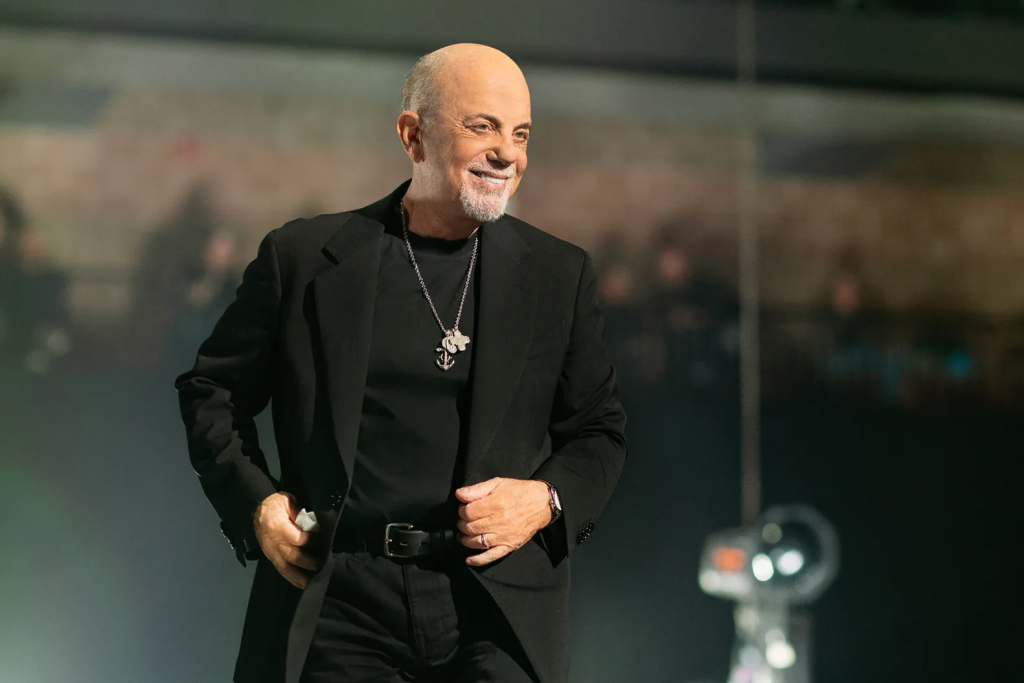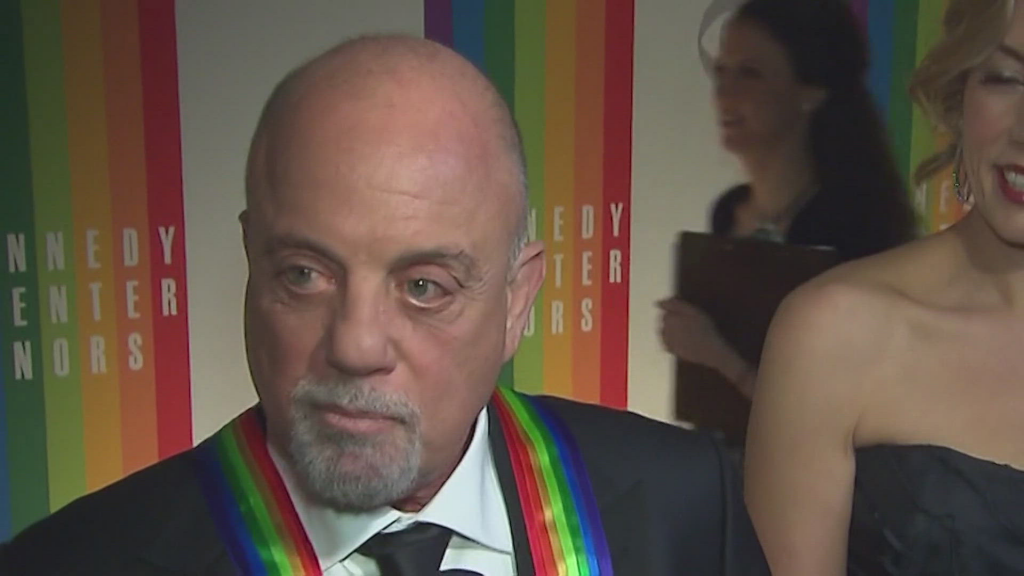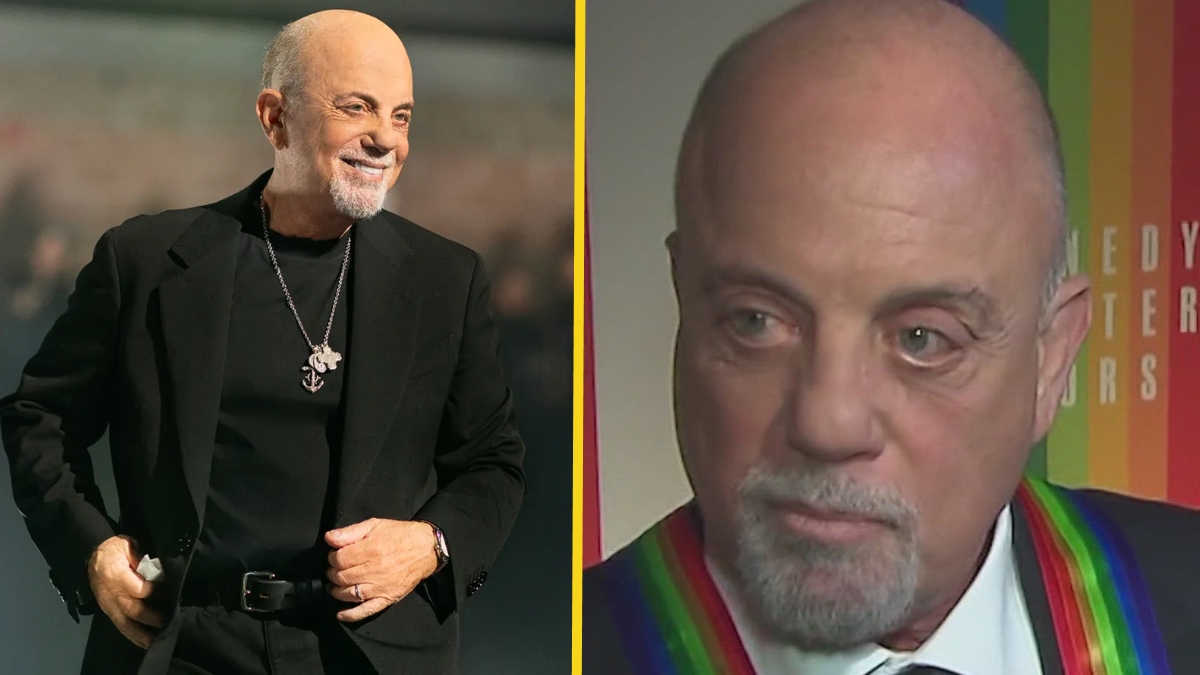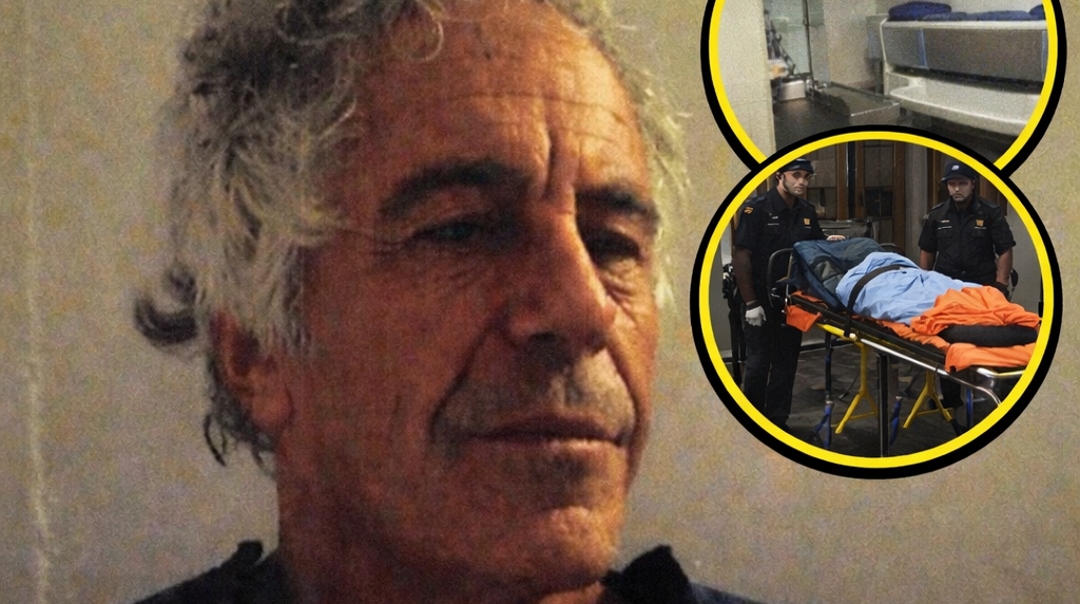It was a somber Friday morning when fans awoke to the news that Billy Joel, the iconic “Piano Man,” had canceled all upcoming concerts due to a recent diagnosis of normal pressure hydrocephalus (NPH). The 76-year-old singer-songwriter shared that the condition, exacerbated by recent performances, had led to issues with his hearing, vision, and balance.
In a heartfelt statement posted on his official Instagram account, Joel expressed his regret: “I’m sincerely sorry to disappoint our audience, and thank you for understanding.” He further explained that, under his doctor’s instructions, he would be undergoing specific physical therapy and refraining from performing during this recovery period.

NPH is a brain disorder characterized by the accumulation of excess cerebrospinal fluid in the brain’s ventricles, leading to symptoms such as difficulty walking, cognitive impairments, and loss of bladder control. It’s a condition that primarily affects individuals over 60 and is often misdiagnosed due to its similarity to other neurodegenerative diseases. According to the Washington Post, NPH is one of the few causes of dementia that can be controlled or reversed with treatment.
The announcement came as a shock to many, especially considering Joel’s recent performances and plans for an extensive tour. His canceled dates include 17 stops across North America and the UK, with collaborations planned alongside artists like Rod Stewart, Sting, and Stevie Nicks. Fans who had purchased tickets will receive automatic refunds, as confirmed by CBS News.
Joel’s health concerns had been a topic of discussion earlier in the year when he postponed several shows due to an unspecified medical condition. His recent on-stage fall in February had raised alarms about his well-being, with fans noting that he appeared frail. The Scottish Sun reported that Joel had previously postponed UK shows in Edinburgh and Liverpool due to medical concerns.

Despite the setback, Joel remains hopeful about the future. He is currently undergoing treatment and physical therapy and has expressed gratitude for the excellent care he is receiving. In a message shared on his Facebook page, he stated, “I’m sincerely sorry to disappoint our audience, and thank you for understanding.”
Joel’s diagnosis has brought attention to NPH, a condition that affects approximately 700,000 Americans, though only 20% are properly diagnosed. The Independent highlighted that NPH is often mistaken for dementia due to similar symptoms, underscoring the importance of accurate diagnosis and treatment.
In the midst of his health challenges, Joel’s legacy continues to be celebrated. Next month, the world premiere of “Billy Joel: And So It Goes,” a two-part documentary exploring the Long Island-bred musician’s life and career, will kick off the Tribeca Film Festival in New York. Directed by Susan Lacy and Jessica Levin, the project contains footage of unreleased performances, archival photographs, intimate home movies, and exclusive interviews.
As fans worldwide send their well-wishes, Joel’s commitment to his health and recovery remains steadfast. His team has emphasized that he is fully committed to prioritizing his health and looks forward to the day when he can once again take the stage. For now, the music world stands in solidarity with one of its most cherished artists, awaiting his return.







